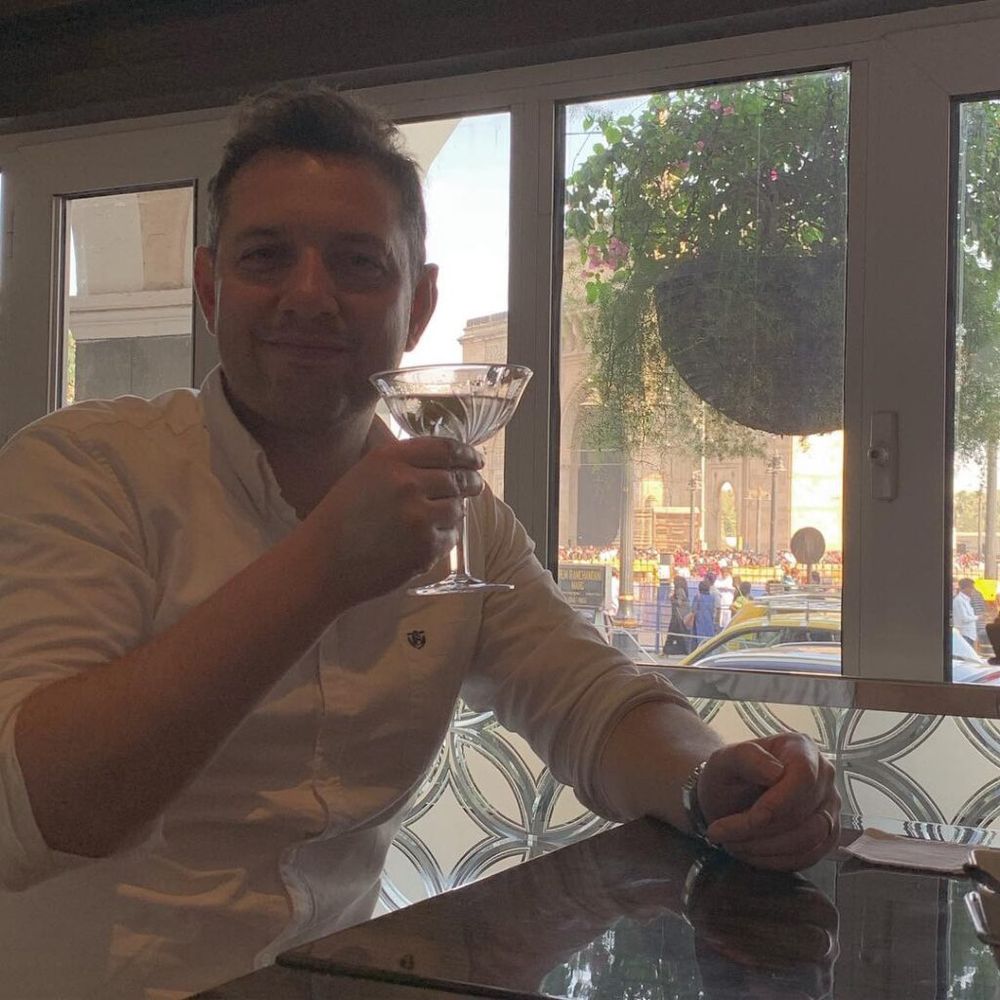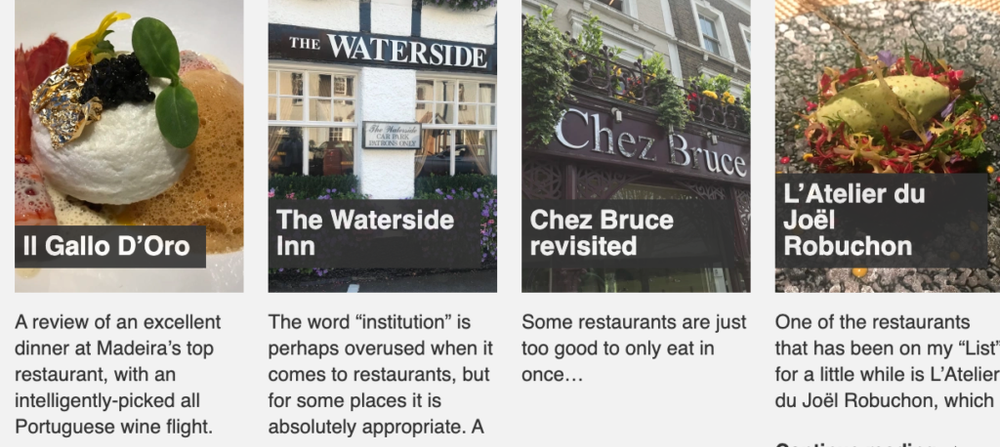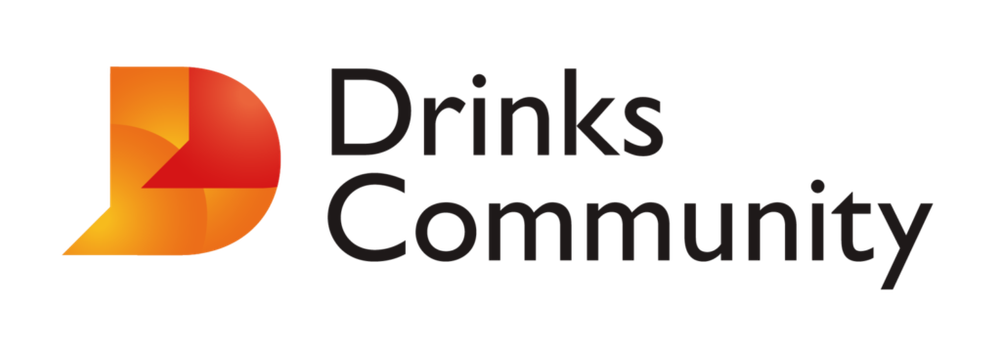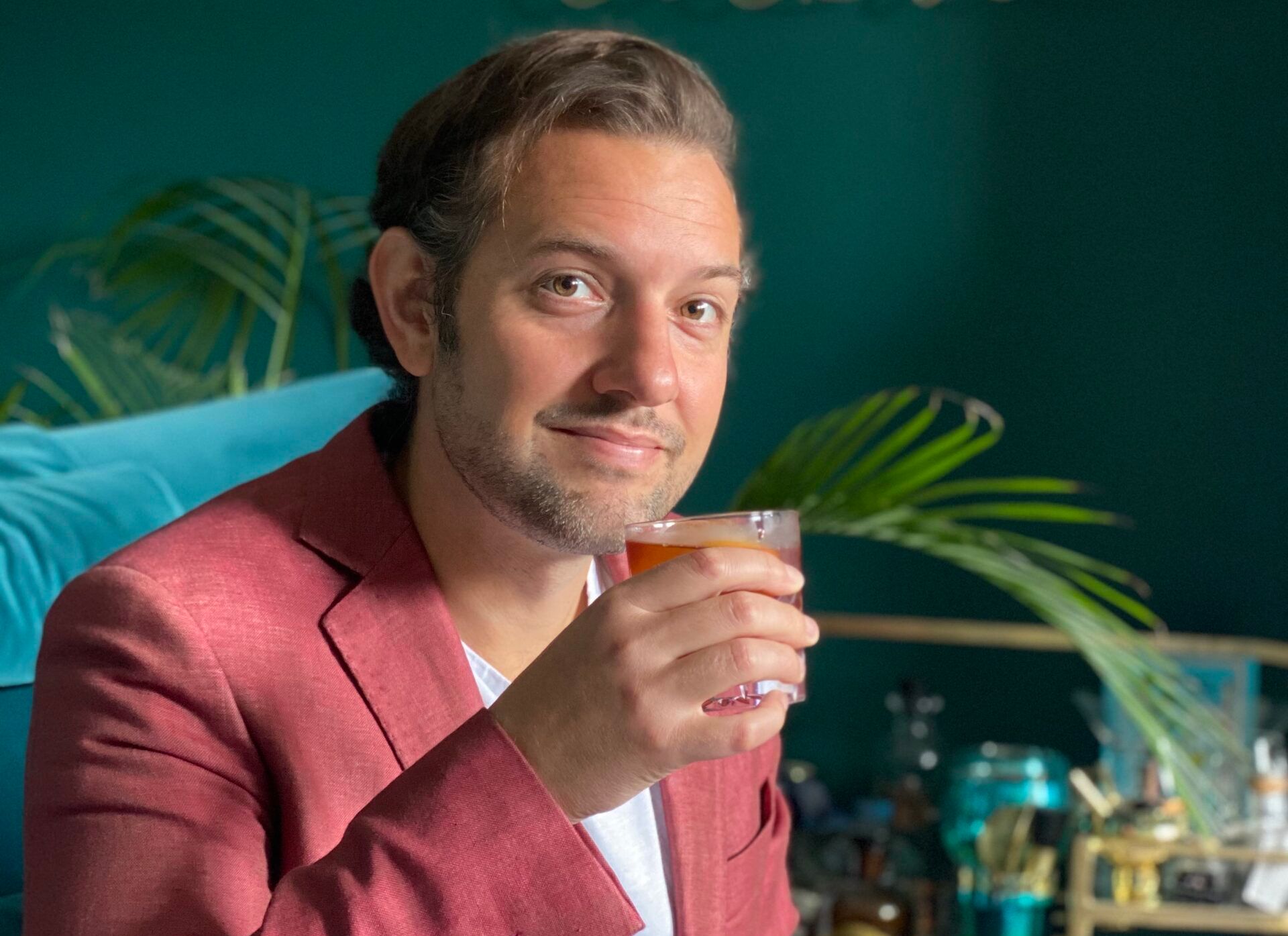It’s easy to sit back and let others take the lead on diversity and inclusion, but as Tim Milford so passionately explains, we all have our own part to play – particularly men in the wine and drinks industries.
Before I start getting into thoughts on this subject, I thought that I better explain who I am and why I have some ability to talk on this subject.
First of all, I am not really a member of the wine trade. I am a wine enthusiast and have spent the last 10 years learning more about the wonderful world of wine through my interactions over Twitter, Instagram and real life with many of the fantastic people who work in the wine trade and who have been hugely generous in sharing their knowledge and experience with me.

Tim Milford may not work in the wine industry but his love for food, wine, and eating and drinking out shines through on his very engaging website timmilford.com
Yes, I do play some part in the trade: I have done WSET courses; I contribute to a blog on wine [as well as run his own website on food, wine and music, timmilford.com]; I spend a not-insignificant amount of my own money on wine; I have made quite a few trips to wineries and wine producing areas over the last few years. Notwithstanding that, the fact that I, an industry outsider, have been allowed in to these circles is a constant source of wonder to me – and one that I am very grateful for. This, for me, is one of the huge positives in the development of social media over the last decade. However, I think we are all aware that social media has its challenges too.
In my day job, I work for the railway industry – an industry that has significant issues in moving its traditionally male workforce and culture to become a more inclusive space, where women (along with other groups, eg BAME and LGBTQ+ individuals) are disproportionately less likely to get leadership roles or be promoted, tend to earn less money, and often experience forms of discrimination (both direct and indirect). Sound familiar?
As I became interested in ideas around diversity and inclusion and started talking to people from different backgrounds to me, I became increasingly aware of the challenges that women (and others) faced in the workplace. Something that I realised I hadn’t really experienced myself.
Aware of who I am…

You can read more from Tim Milford on his website Timmilford.com.
To coin the modern parlance, I became aware of my privilege. I am a straight, white, middle-class man. When I speak people assume that I come from Surrey or Sussex, as opposed to Birmingham, because I went to a relatively posh school. When I talk, people are used to hearing people that look and sound like me in positions of authority, so people are naturally more pre-disposed to listen to what I say.
Why am I telling you this? Well, I started seeing how much harder it was for people who didn’t look and sound like me to get themselves heard. How the only woman in the meeting room (an all too regular occurrence at times) would have to work harder to be taken seriously. How the LGBTQ+ person was treated subtly differently by some and markedly different by others. How those with strong regional accents or national accents, found it disproportionately harder to command attention.
Quite simply, I realised how lucky I was due to my privilege. Crudely speaking this realisation could prompt one of two responses: I could realise that this advantage was allowing me to prosper and that its continued existence would benefit me, therefore I would want to perpetuate it; or, I could use my platform, such as it was, to do what I could to make things more inclusive and hopefully inspire others. I chose the latter.
A place for men?
At the same time I also noted that the groups in my company that existed to promote gender equality were largely made up of women as they wanted to see change – quite understandably. What was noticeable was that there were no men present in these forums. How can we expect the minority to enact change when the majority is not prepared to play its part – particularly if many of those issues stem from it? To do something about this, I created a male allies programme within my company, with the aim of getting more men involved in the conversation around gender equality and encouraging them to take action.
I believe the time has come, equally, for men in the wine industry to step up to the plate. The time for action has come.
Why do we need male allies?

A keen trumpet player himself Tim Milford, very much buys into the idea of us all being part of an orchestra or choir where our individual role is crucial in the overall impact we can have
In the fallout from the #winebitch scandal I purposefully stood back and watched as discussions unfolded on social media. There was anger, there was frustration, there was a tiredness of people who have faced these challenges for years, there was a determination that things needed to get better.
One of the questions that played out quite a bit was what role should men play in moving things forward? Opinions ranged from those who directly challenged men to stand up and do something; to people who said that these issues came from men and that they were sick and tired of waiting for men to change their ways.
From a male perspective, there were a lot of men who stated either publicly or privately that they wanted to do something, but were afraid of saying the wrong thing or being seen as being patronising if they tried to make a stand. They didn’t know what to do and were left in limbo, paralysed by indecision about how to contribute to making things better and frightened of saying the wrong thing in this complicated area.
It is well known that many of the people who occupy leadership roles in the wine industry are men. Therefore the power balance that exists within the industry is disproportionately tilted in favour of men. If we want the industry to change then leading men simply have to play their part. We cannot expect women to do all of the work in creating a more inclusive culture within the industry. In fact given the unequal weighting of power within the industry, it is arguable that men are duty-bound to play the greater role in promoting change.
I feel that in order for the wine community to move forwards it needs to do so with all of the voices from the community. Just like a choir (quick acknowledgement: I am indebted here to Amber LeBeau for this analogy), the wine community is best able to express itself when all voices are heard and can complement each other. You need the bass and tenor tones, just as you need the alto and soprano tones.
If we are to move forwards then we need a diversity of voices and therefore we need male voices present to demonstrate change is happening. This is why I feel we need male allies within the industry – it’s about everyone looking to be a part of solving the challenges that the industry faces.
The potential role for male allies in the wine industry
So, what would it look like for men to play their part and become an ally? This is the hard part. I can’t give a checklist of things that people can do in order to fulfil this role – not least because I do not have all the answers. It is about every single person looking themselves in the mirror and asking themselves whether they have done what they can to make the industry a better place. Whether they have used the platform that they have to actively help those who don’t have such a platform. Whether you use any influence / power that you have to help people up, as opposed to pushing people down.
I would start by saying that if everyone takes some action it will be way more effective than expecting a few prominent people to do something massive. This is about changing a culture and that has to happen at all levels.
Below are some guidelines and suggestions – I do not believe they should be taken as definitive:
1 Challenge the lack of diversity: If you are asked to speak on a panel ask who else is speaking. If you are uncomfortable with the lack of diversity then make that point to the organiser. People used to say “I don’t see colour” when trying to prove that they are not racist. See it. Look at the forums you are in and participate in. Do whatever you can do to encourage others in. Any conversation and interaction is enriched by a diversity of viewpoints.
2 Call-out inappropriate behaviour: It is more important than ever that people call out language and behaviour that is inappropriate, divisive, hurtful. A true ally role-models this behaviour both in public and in private.

The Drinks Community is the new support and mentoring platform set up by The Drinks Trust to help promote more diversity and inclusion across the industry
3 Be a mentor: Look to go out of your way to support and encourage the development of people who don’t have access to the privilege that you benefitted from. Look into reverse mentoring – where you are mentored by someone who is considerably more junior than you, but potentially someone who brings a different perspective. Many senior execs in top companies now take on a reverse mentor so that they can see their business challenges through different eyes. You may just get a different answer.
4 Acknowledge your biases: We all have biases, ones we are aware – and ones we are not aware of. Take these tests from Havard University and see what it tells you. Knowing your biases is the first step in doing something about it.
5 Listen more: Steven Covey (the author of the book “The Seven Habits of Highly Effective People”) famously said “seek first to understand, before trying to be understood”. In addition, we are often reminded in any communication course that we have two ears and one mouth and that we should use this to guide our own approach to communication. All too often, I see in Twitter (in particular) a swathe of people communicating one-way, raging backwards and forwards and getting frustrated that no-one is really listening. The medium isn’t really best suited to rich, two-way dialogue, but it can happen if people try. In the aftermath of the #winebitch scandal I personally tried to say little and to spend more time listening and reading what others were saying. How did they feel? What emotions were they experiencing? Where did they need help?
Conclusion – what’s next?
As I said above, I am not presenting the above as a definitive set of things that a person can do in order to earn their “ally” badge and that this will magically solve all the problems in the wine trade. I do, however, passionately believe that if we all do more, make the commitment to take some form of positive action, then working together we can reduce the toxicity within the wine trade and make it a more welcoming and inclusive place. This will be to all of our benefits and fundamentally is the right thing to do.
Will you become an ally? What commitments can you make?
- If you would like to share your thoughts and experiences on looking to promote diversity and inclusion in the drinks and hospitality sectors on The Buyer then please contact Richard Siddle at richardsiddle@btopenworld.com.
































